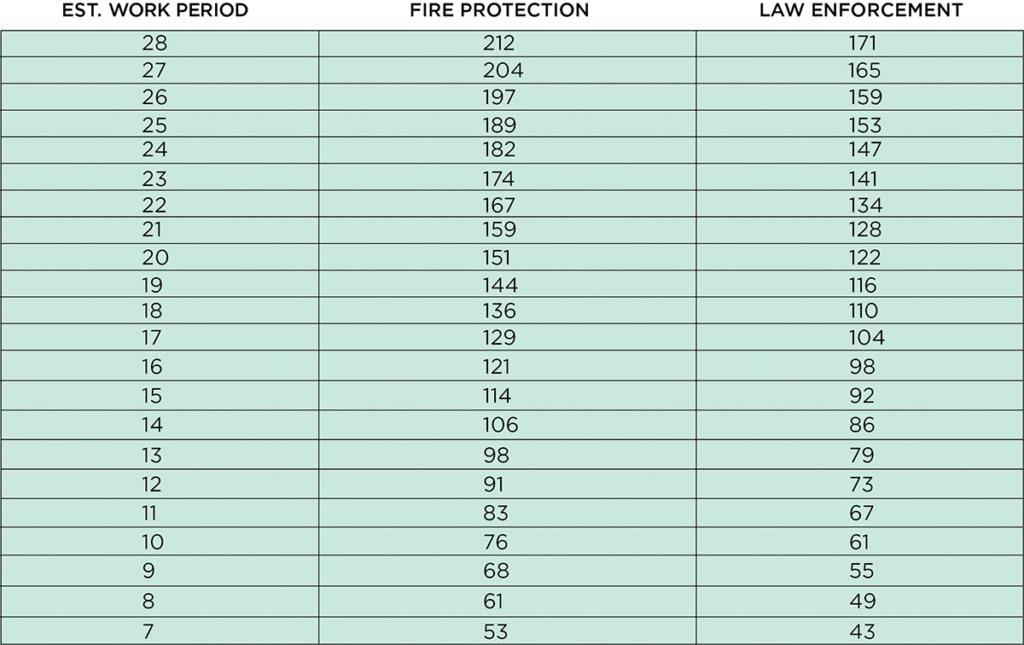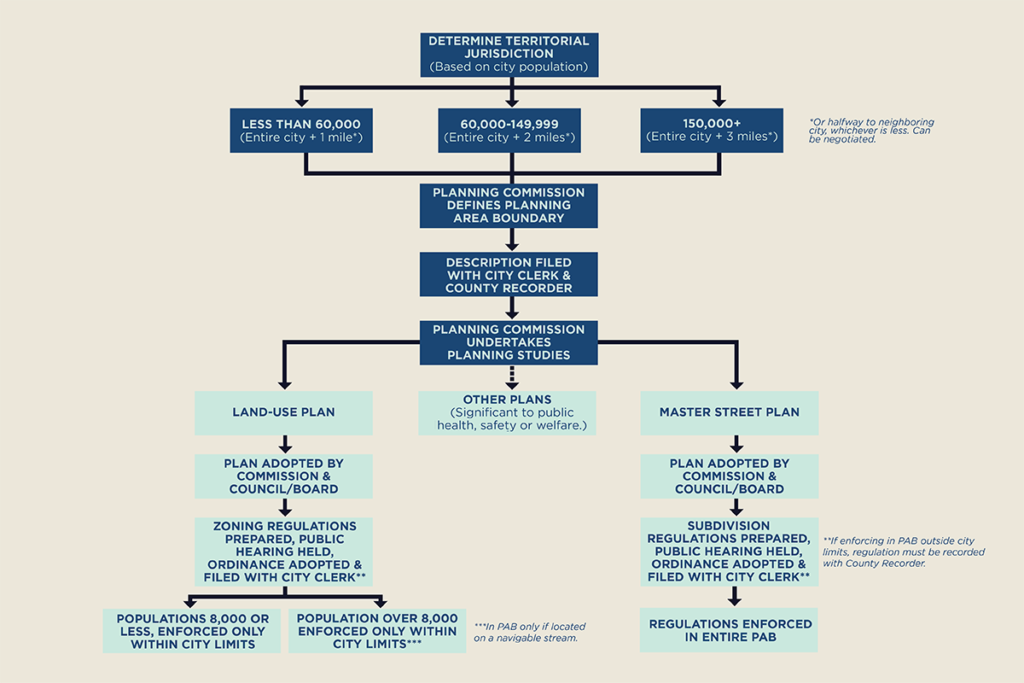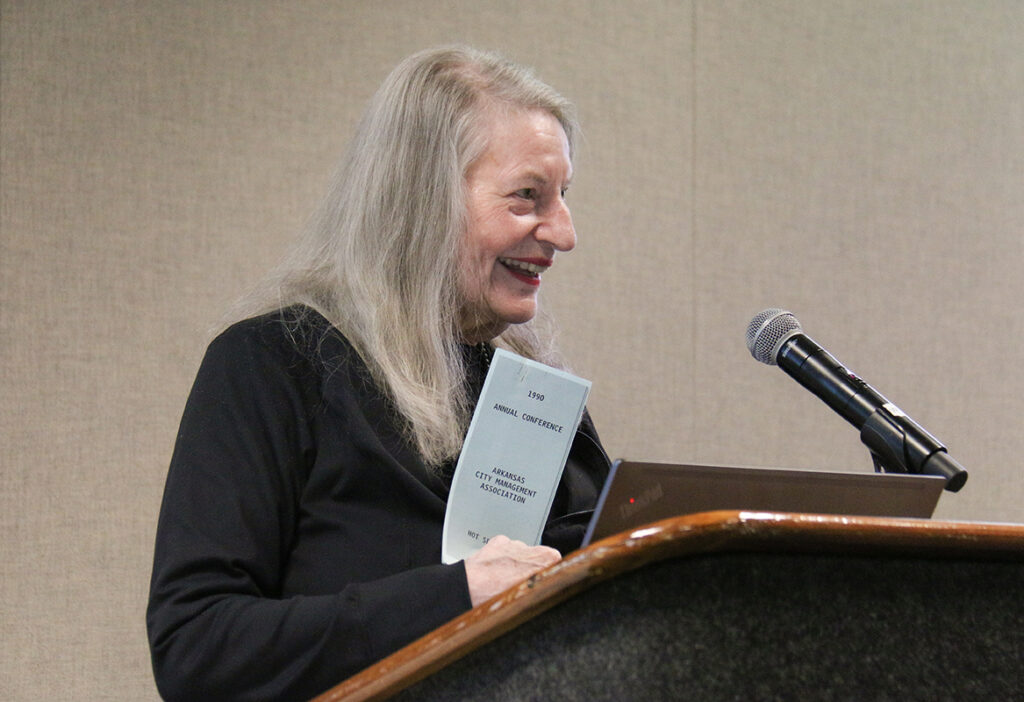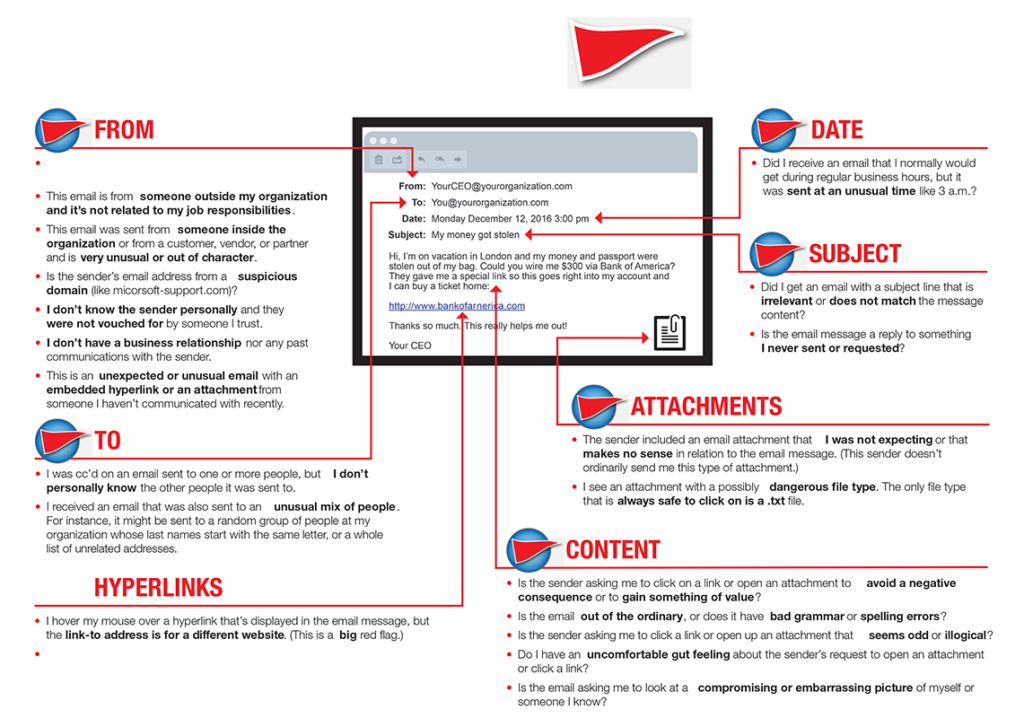In 2024, when the U.S. Department of Labor announced a proposed increase to the salary threshold for exempt employees, the League emphasized the importance of correctly classifying employees as exempt or non-exempt. Although the proposed 2025 increase was ultimately blocked by a federal court, giving the entire HR world whiplash, the issue remains critical for municipal employers.
First and foremost, whether an employee qualifies as overtime-exempt is governed by criteria established in the Fair Labor Standards Act (FLSA). The FLSA exempts several categories of employee, including executive, administrative and professional employees. An employee may be exempt from overtime if they meet specific criteria for their job category and are paid a statutorily set minimum. It’s important to note that being paid on a salary basis alone does not automatically render an employee exempt from overtime. The employee must meet the salary basis test and fit into one of the categories. Beyond these well-known categories, the FLSA outlines additional exemptions that municipal employers should understand.
Elected officials and appointees
Elected municipal officials and individuals appointed by elected officials to serve in policymaking or legal advisory roles are exempt from FLSA overtime provisions (29 C.F.R. § 551.104).
Volunteers
Volunteers are not considered employees and are therefore not entitled to overtime compensation. However, employees may not volunteer to perform the same duties for the same public agency that employs them. For instance, a police officer cannot volunteer to provide security at a city-sponsored event—they must be compensated for any hours worked beyond 40 in a defined workweek (29 C.F.R. §§ 553.100, 553.102). How do you know if an employee is a “volunteer?” The FLSA states that “the term ‘employee’ does not include any individual who volunteers to perform services for a public agency which is a…political subdivision of a state …if (i) the individual receives no compensation or is paid expenses, reasonable benefits, or a nominal fee to perform the services for which the individual volunteered; and (ii) such services are not the same type of services which the individual is employed to perform for such public agency.” 29 U.S.C. § 203(e)(4)(A).
Small law enforcement agencies
Law enforcement officers in municipalities with fewer than five officers (including the chief) are exempt from overtime requirements (29 U.S.C. § 213(b)(20); 29 C.F.R. §§ 553.200, 553.211). A police officer is defined as a person who is legally authorized to enforce laws and maintain public order, has the power to arrest, and is undergoing or has completed training in law enforcement techniques, legal principles, physical defense, ethics, etc. (29 C.F.R. § 553.211).
Small fire departments
Municipalities with fewer than five paid firefighters (including the chief) are exempt from paying overtime to those employees. A firefighter is defined as a person who is trained and legally authorized to engage in fire suppression; employed by a municipal, county, fire district or state fire department; and is actively involved in fire prevention, control and emergency response (29 U.S.C. § 203(y).
Partial overtime exemption for police officers and firefighters
For police and fire departments with five or more paid officers and firefighters, the FLSA allows the municipality to establish a “work period” for law enforcement officers and firefighters ranging from seven to 28 days. If a city fails to formally establish such a period, the standard 40-hour workweek applies, and overtime must be paid accordingly (29 C.F.R. § 553.230).
For the maximum allowable hours before overtime applies based on the length of the work period, see the chart below. Note: Only actual hours worked count toward overtime eligibility. Time missed due to illness, vacation or personal leave is not compensable for overtime purposes (29 C.F.R. §§ 553.201, 553.230).

One additional and critical point about adopting the work period: The city must actually adopt the work period. The best practice is to do so either by ordinance or by adopting the work period as part of an employee handbook that is applicable to the police department or the fire department. If the city has five or more officers but has not established a work period as discussed above, then both state law and the FLSA’s default overtime rules apply and the employees must be paid overtime after working 40 hours in a single work week, so it is important to establish a work period. Bonus tip: This and so many other important topics are explained in the HR section of the Civilpedia, which can be accessed from the Publications page of the League’s website.
Understanding the nuances of overtime exemptions under the FLSA is essential for municipal employers to ensure compliance and avoid costly penalties. While salary status and job title are important, they are not the sole determinants of exemption. Cities must pay close attention to employee roles, agency size and work period designations to properly apply FLSA rules. By staying informed and proactive, municipalities can maintain fair labor practices while protecting their operational integrity—and hopefully avoid costly litigation.










